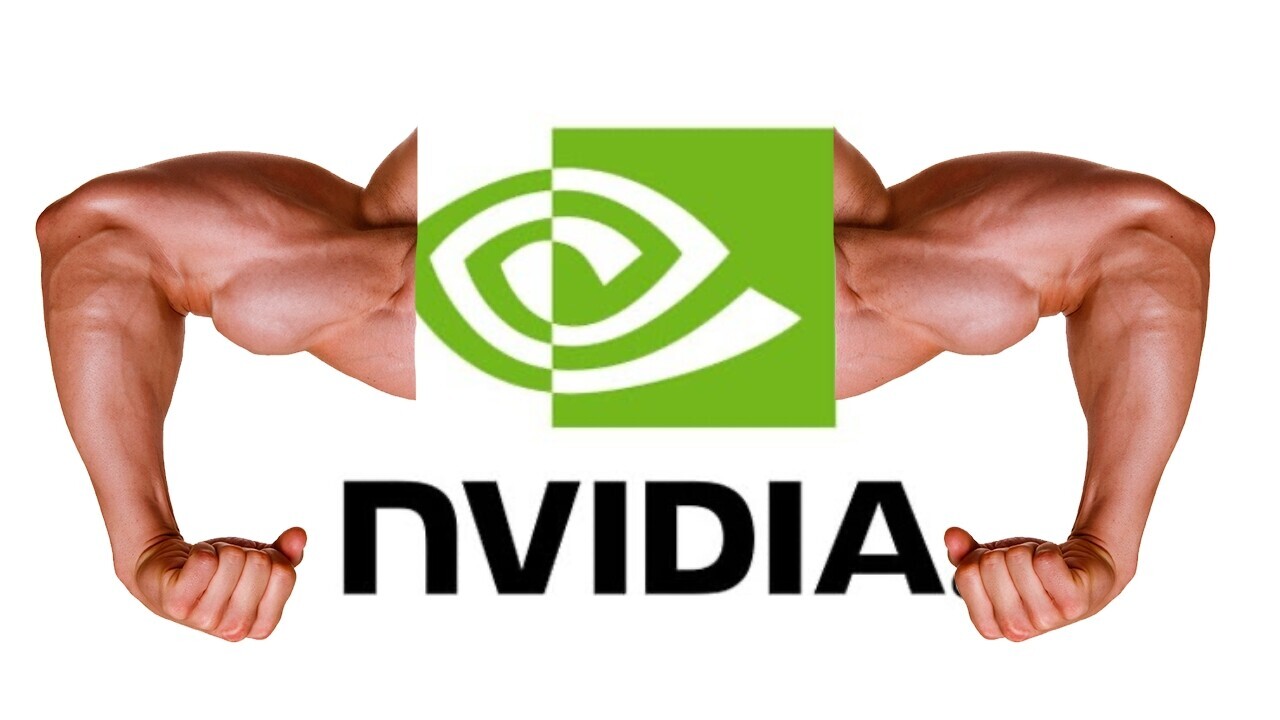
Update February 8, 2022 3.30PM IST: Nvidia’s deal to buy ARM has officially been called off. In a statement, Softbank said “significant regulatory challenges” prevented the acquisition. The Japanese conglomerate also mentioned that it’s planning to take ARM public by March 31, 2023.
Softbank is walking away from this deal $1.25 billion richer, received as a non-refundable deposit from Nvidia in 2020. Geoff Blaber, CEO of CCS Insights said an IPO is the best option for ARM:
Finding a way to appease regulators whilst maintaining the value and justifying the $40 billion price tag has proven overwhelmingly challenging. It has also been disruptive to ARM and its ecosystem. An IPO is a far better option for the ARM ecosystem but is unlikely to provide Softbank a comparable return.
The US Federal Trade Commission (FTC) has filed a lawsuit against graphics card giant Nvidia to block its deal to purchase ARM. Before we take a look at why FTC’s doing it, a quick recap of what has happened till now.
Nvidia’s bid for ARM
Last September, Nvidia announced it’s planning to buy the chip design firm for $40 billion. The US-based company said at that time, the purchase ties into its plans of bolstering its AI efforts. As ARM’s shares have risen since that, the UK-based company might be worth a whopping $80 billion now.
Before this deal was announced, ARM’s then-owner, Softbank, was considering an Initial Public Offering (IPO) for the company with a speculated valuation of $40 billion. The Japanese conglomerate bought ARM for $32 billion.
Investigations and industry impact
Nvidia’s transaction was slotted to be completed in 18 months, but because of several ongoing investigations and regulatory roadblocks, the deal hangs in the balance.
In October, the European Commission opened up an investigation as it was concerned that the deal “could lead to higher prices, less choice and reduced innovation in the semiconductor industry.”
In a statement, Executive Vice-President Margrethe Vestager, said:
Whilst Arm and NVIDIA do not directly compete, Arm’s IP is an important input in products competing with those of NVIDIA, for example in datacentres, automotive and in the Internet of Things. Our analysis shows that the acquisition of Arm by NVIDIA could lead to restricted or degraded access to Arm’s IP, with distortive effects in many markets where semiconductors are used.
Last month, UK’s Digital and Culture Secretary, Nadine Dorries, ordered a phase-2 probe into the deal to investigate matters of antitrust and national security implications.
US-based chip giant Qualcomm had objected to this deal in February, reportedly telling the regulators across the world that Nvidia might become a gatekeeper for ARM’s technologies.

A report by Reuters in September quoted multiple industry sources, who thought the deal might face stern opposition. ARM’s design for chips is used by multiple tech companies — including Apple, Google, Samsung, and Qualcomm. And while Nvidia’s assured them of not stifling the innovation, there might be a lot of concerns coming from these firms.
What is the FTC doing?
The FTC had first opened up a probe into the deal back in February. In November, a Bloomberg report noted that the new FTC chair Lina Khan had been in talks with her UK counterparts, discussing the merger regularly.

The FTC is suing to block the largest semiconductor chip merger in history to prevent a chip conglomerate from stifling the innovation pipeline for next-generation technologies.
Nvidia’s response and the road ahead
In response to FTC’s move, Nvidia said, “As we move into this next step in the FTC process, we will continue to work to demonstrate that this transaction will benefit the industry and promote competition.”
This is similar to what the company had said to EU and the UK regulators. But until now, they haven’t been satisfied with what the chip giant had to say in its defense.
ARM-based CPUs have been all the rage this year, including Google’s Tensor and Apple’s M1X chips. They’ll play a huge role in upcoming laptops, desktops, and mobile devices, so it’s scary to think of one company having control over it. All eyes will be on the administrative trial scheduled for May 10 next year. Save some chips for then.
Get the TNW newsletter
Get the most important tech news in your inbox each week.





